| Usage |
Usage
Risedronate is available in tablet and delayed-release tablet forms for oral consumption. The specific dosing regimen varies depending on the patient's condition and their doctor's prescription. Typically, the delayed-release tablets are taken once a week in the morning after breakfast. The regular tablets can be taken daily in the morning, once a week in the morning, or once a month in the morning or for two consecutive mornings, as directed by your healthcare provider.
To ensure the effectiveness of risedronate and prevent potential side effects, it's crucial to follow these instructions meticulously:
1. Take risedronate tablets right after waking up in the morning, before eating or drinking anything. Delayed-release tablets should be taken immediately after breakfast. Do not take risedronate at bedtime or before rising for the day.
2. Swallow the tablets or delayed-release tablets whole with a full glass (6 to 8 ounces or 180 to 240 mL) of plain water while sitting or standing. Avoid taking risedronate with tea, coffee, juice, mineral water, milk, or any liquids other than plain water.
3. Do not split, chew, crush, suck on, or hold the tablets in your mouth for an extended period.
4. After taking risedronate, refrain from consuming food, beverages, or other medications for at least 30 minutes. Additionally, avoid lying down for at least 30 minutes; remain in an upright position during this time.
It's important to note that while risedronate can effectively manage osteoporosis and Paget's disease of bone, it does not provide a cure. Continued regular use is essential for its efficacy. Always consult with your doctor before discontinuing risedronate, and discuss the ongoing necessity of the medication during your check-ups.
|
| Side Effects |
Side Effects
Risedronate may lead to certain side effects. Inform your doctor if you encounter any of these symptoms, especially if they are severe or persistent:
1. Nausea
2. Burping
3. Dry mouth
4. Stomach pain
5. Diarrhea
6. Constipation
7. Gas
8. Headache
9. Dizziness
10. Weakness
11. Leg cramps
12. Back pain
13. Frequent or urgent urination
14. Painful urination
Some side effects can be serious, and you should promptly contact your doctor if you experience any of the following:
1. Difficulty swallowing or pain while swallowing
2. New or worsening heartburn
3. Chest pain
4. Itching
5. Rash
6. Hives
7. Blisters on the skin
8. Swelling of the face, throat, tongue, lips, eyes, hands, feet, ankles, or lower legs
9. Difficulty breathing
10. Hoarseness
11. Muscle spasms, twitching, or cramps
12. Numbness or tingling around the mouth or in the hands or feet
13. Swollen, red, or painful eyes
14. Sensitivity to light
15. Painful or swollen gums
16. Loosening of the teeth
17. Numbness or a heavy feeling in the jaw
18. Poor healing of the jaw
19. Dull, aching pain in the hips, groin, or thighs
It's important to note that taking a bisphosphonate medication like risedronate for osteoporosis may slightly increase the risk of breaking your thigh bone(s). If you experience pain in your hips, groin, or thighs that persists for several weeks or months, consult your doctor. Even if you have not fallen or experienced trauma, your thigh bone(s) could break. Although it is rare for healthy individuals to experience such fractures, those with osteoporosis may be at risk. Always discuss the potential risks and benefits of risedronate with your doctor.
|
| Storage |
Storage
To store this medication safely, keep it in its original container, tightly sealed, and away from children. Store it at room temperature, avoiding excess heat and moisture (do not store it in the bathroom). Properly dispose of any unused medication to prevent accidental ingestion by pets, children, or others. Do not flush this medication down the toilet; instead, utilize a medicine take-back program. Contact your pharmacist or local garbage/recycling department for details on available take-back programs in your area. Ensure that all medications, including those in containers like weekly pill minders and items such as eye drops, creams, patches, and inhalers, are stored out of children's sight and reach. Use safety caps and promptly secure medications in a safe location to prevent accidental poisoning, as many of these containers are not child-resistant.
|
| Precaution |
Precaution
Before taking risedronate, it's important to:
1. Inform your doctor and pharmacist about any allergies you have, including allergies to risedronate or any ingredients in risedronate tablets or delayed-release tablets. Check the Medication Guide for ingredient lists.
2. Share your current prescription and nonprescription medications, vitamins, nutritional supplements, and herbal products with your healthcare providers. Mention any angiogenesis inhibitors, aspirin, nonsteroidal anti-inflammatory drugs (NSAIDs), cancer chemotherapy, or oral steroids you may be taking. If you use delayed-release tablets, inform your doctor if you take H2 blockers or proton pump inhibitors.
3. Be aware that Actonel and Atelvia both contain risedronate and should not be taken simultaneously.
4. If you take other oral medications, vitamins, supplements, or antacids, take them at least 30 minutes after taking risedronate.
5. Inform your doctor if you have a history of low blood calcium, esophageal problems, difficulty sitting or standing upright for 30 minutes, or any of the following conditions: difficulty swallowing, heartburn, stomach ulcers, anemia, cancer, infections (especially in the mouth), dental, blood clotting, or kidney issues.
6. If you are pregnant, breastfeeding, plan to become pregnant, or become pregnant during or after your risedronate treatment, contact your doctor.
7. Be aware that risedronate may cause severe bone, muscle, or joint pain, which can occur within days, months, or years after starting the medication. Report any severe pain to your doctor, who may advise discontinuing the medication.
8. Understand that risedronate may increase the risk of osteonecrosis of the jaw (ONJ), a serious jaw bone condition. Before taking risedronate, have a dental examination and address any dental issues. Maintain proper oral hygiene and discuss dental treatments with your doctor while using this medication.
9. Talk to your doctor about additional preventive measures against osteoporosis, such as avoiding smoking, limiting alcohol consumption, and engaging in weight-bearing exercises regularly.
|


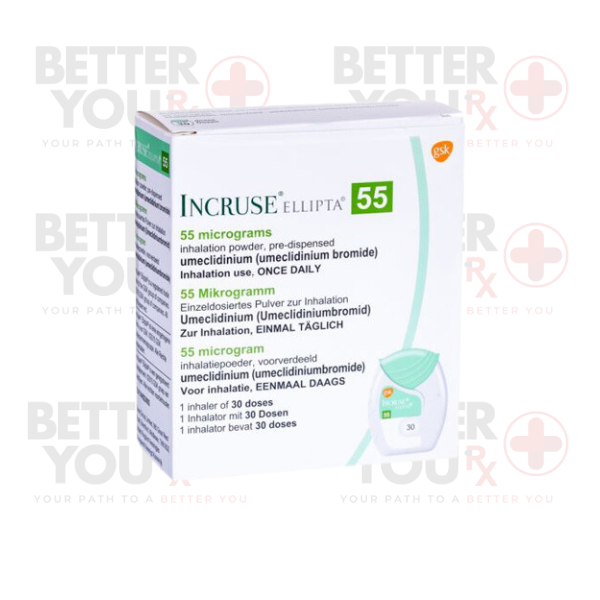
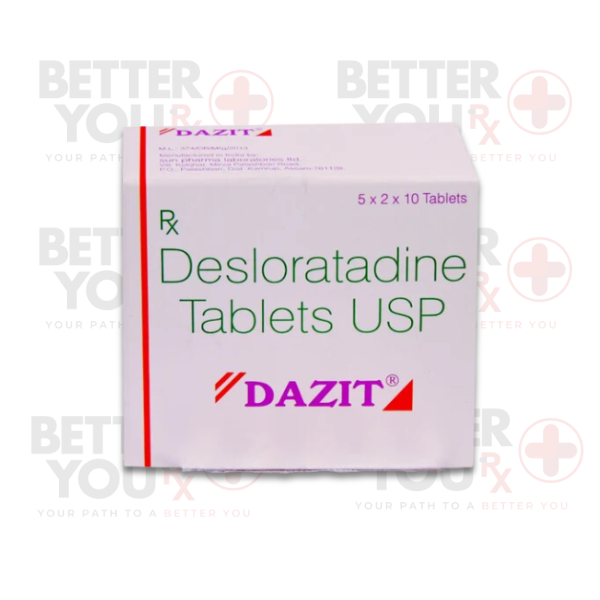
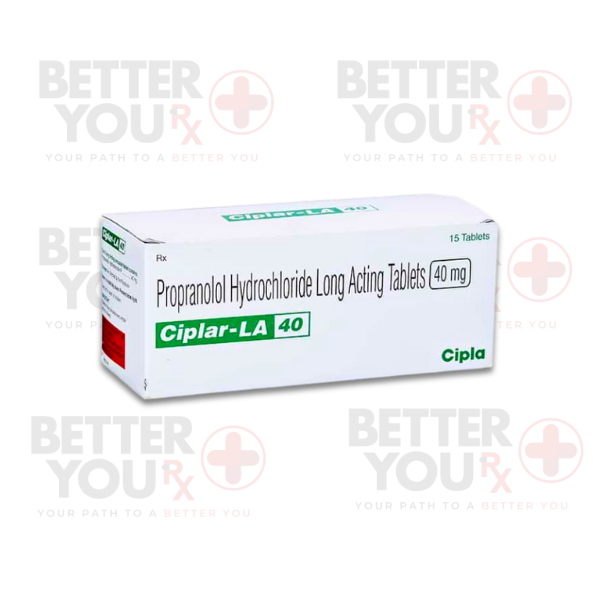
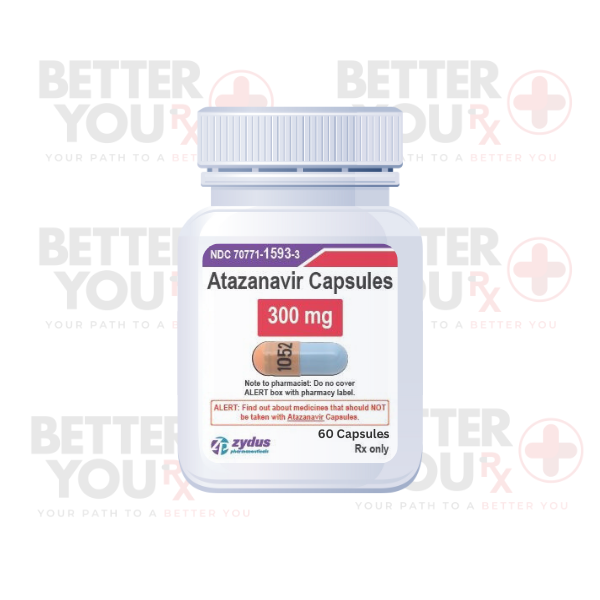
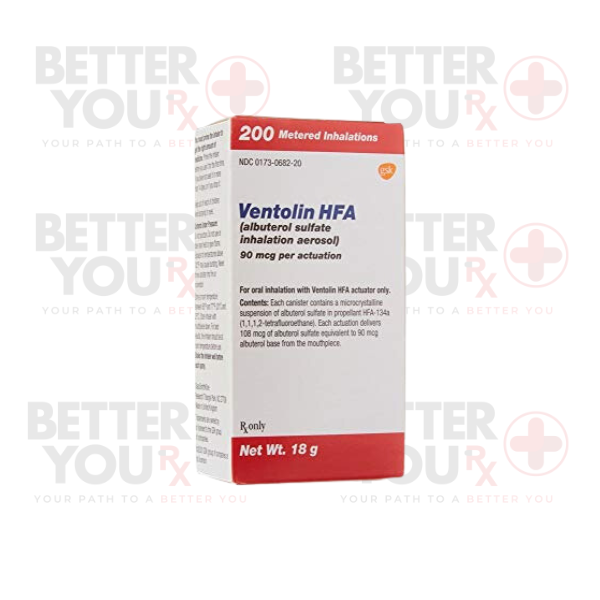

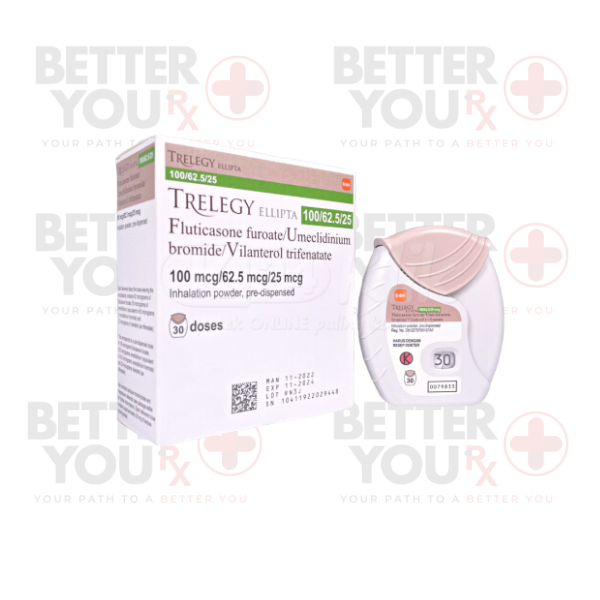
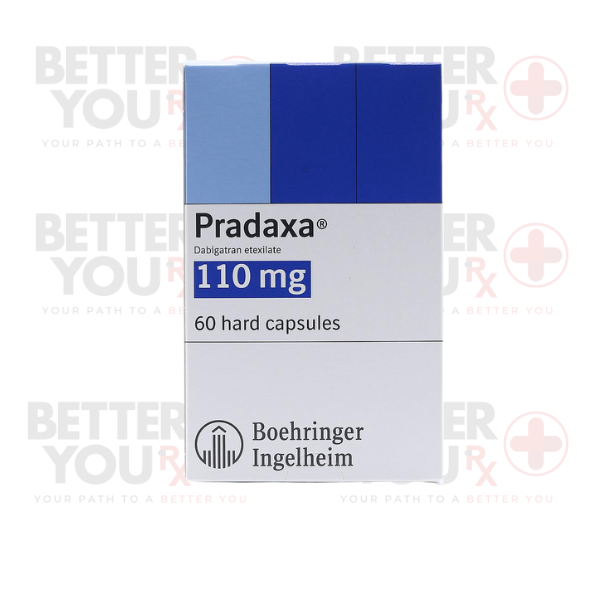
Reviews
There are no reviews yet.